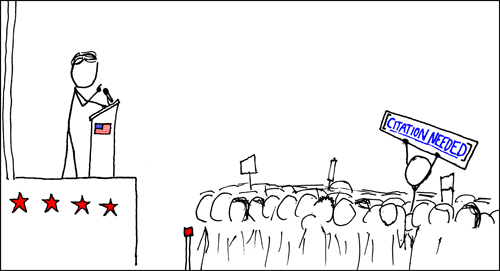In 2008 – 2011, the APA-CoA defined the threshold for the annual monitoring of doctoral program internship placement to be 75% of the students seeking internships placed in either accredited or APPIC member internships. In 2011, CoA informed training communities through public comment on this IR that it was changing how that threshold was defined to be the proportion of students placed in accredited (either APA or CPA) internships only. At that time, the metric to be used as a threshold was to be the lowest 5% of accredited clinical and counseling doctoral programs. Much has changed since the last period of public comment.
A number of groups including the Council of Chairs of Training Councils (CCTC), students (including those involved in APAGS) as well the APA Board of Educational Affairs have been asking for changes in the requirements for licensure as a professional psychologist. Those groups have put forward a proposal to the field that would require accreditation at both doctoral and internship program levels for licensure. Specifically, they have proposed that accreditation at the doctoral level be required for licensure effective 2015 and that accreditation of both doctoral and internship programs be required for licensure effective 2019. The argument put forward is based upon the need to better ensure and demonstrate to the public the quality of psychologists eligible to provide services to the public. Further, the climate of healthcare reform in the U.S. and the need for psychologists to be involved in integrated care also have been critical in CoA's review of the need for stronger linkages between accreditation and licensure, including the need to strengthen the expectation that students complete accredited internships. If professional psychologists are to be able to engage in the healthcare system of the future, they will need to bring the same level of validated quality assurance to all aspects of their education, training, and credentialing as other health care professionals.
Currently, psychology is the only major healthcare field where one can be licensed as a practitioner and not have graduated from an accredited program. CoA understands that moving toward this requirement of accredited internships for licensure represents a substantial change in the profession and will affect many programs and students. Thus, the CoA is considering the following action to support programs in reaching the licensure standard. As currently set, the D- 4.7 (b) threshold for internship placement by doctoral programs does little to assist programs or the profession in making significant progress toward a licensure standard. Therefore, the CoA envisions a two-step process in setting this threshold, including identifying how the majority of programs are performing with respect to this enhanced quality standard and then developing a graduated series of thresholds designed to support programs in reaching the enhanced standard proposed by the field in 2019. To better understand the challenges doctoral programs, students, and the CoA face in meeting enhanced quality standards related to placement in accredited internships, the CoA reviewed the current data on the number of students in accredited doctoral programs seeking internships and the number of slots available in accredited internship programs.
The data available for 2011 indicated that there is a 34% gap between the number of students seeking internship from accredited programs in counseling and clinical psychology, and the number of available internship slots in accredited programs. In other words, 66% of students from accredited doctoral programs currently seeking accredited internships obtained them. To that end, CoA is seeking public comment on initially setting the three-year threshold of match to accredited internship programs at 50% -- this percentage reflects a threshold that is below the national match rate, but should capture programs for which match to accredited internships is a considerable challenge.
Recall that these D4-7(b) thresholds trigger a request for purposes of each program's annual review that more information be provided to CoA – the CoA believes that by setting the threshold in this way, programs will be prompted to thoughtfully consider factors involved in their low match rates, and the CoA will be in a position to aggregate information about these factors and support program efforts to improve match rates. Consistent with D.4-7(b), the CoA would periodically review this threshold and revise as appropriate. In this manner, the CoA hopes to assist in bringing programs in line with the goal of having the standard for all licensure to be linked to students completing both accredited doctoral and internship programs. For more information on how the CoA will consider the internship Match during annual and periodic review, please review the five (5) proposed implementing regulations that are designed to further clarify the process utilized by the CoA in reviewing doctoral programs. These are concurrently available for public comment along with the proposed threshold for IR D.4-7(b).
The CoA will make the proposed changes available for a period of public review and comment. The public comment period is scheduled to begin on April 23, 2012 and continue through July 16, 2012. In an effort to promote thoughtful discussion, the CoA is providing an electronic-based comment form for public comment submission. Comments and other information, including the users' identity, will be public. Email addresses used in the registration will be kept confidential. The CoA will consider all comments received and make any appropriate revisions prior to approval of the final version of D.4-7(b). On behalf of the CoA, thank you for your review and comments. Please contact the APA Office of Program Consultation and Accreditation (750 First Street, N.E., Washington, DC 20002-4242; (202) 336-5979; email [redacted]) with any questions or concerns.

